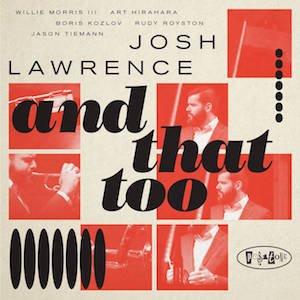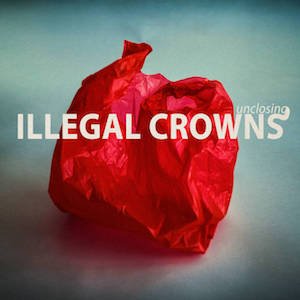Label: Rune Grammofon, 2023
Personnel includes - Mats Gustafsson: baritone saxophone, flute; Mette Rasmussen: alto sax, flute; Fredrik Ljungkvist; tenor sax; Joe McPhee: tenor sax, vocals; Per ‘Texas' Johansson: oboe, bassoon, contrabass clarinet, bass clarinet, flute; Mats Äleklint: trombone; Susana Santos Silva: trumpet; Goran Kajfes: trumpet; Per Åke Holmlander: tuba; Sten Sandell: piano; Alex Zethson: piano; Reine Fiske: guitar; Johan Berthling: electric and acoustic bass; Andreas Werliin; drums; Thomas Öberg: vocals; Mariam Wallentin: vocals; David Sandström: vocals; Juan Romero: percussion, berimbau; and more.
Constantly evolving, the Fire! Orchestra welcomes you to the hippy cosmos of their progressive symphonic journeys with a new double-disc outing of enormous impact. The band creates staggering momentum with each recording and Echoes is no exception to the rule.
The opening piece, “Echoes: I See Your Eye, Part 1” boasts a laid-back groove with strings surrounding it. There’s a glorious cinematic feel that steps further when Mats Gustafsson - he founded the ensemble in 2012 with bassist Johan Berthling and drummer Andreas Werliin - unleashes a heartfelt saxophone statement loaded with warping laments and rumbling growls. The second part of this piece bookends the album with vocals by Joe McPhee. The American saxophonist brings his flaming horn to “Echoes: Last Eyes in the Dying Hand”, a 14-minute expedition that experiences electro-vibes prior to bursting into a violent detonation of sound. The vocals here are by David Sandstrom from the hardcore punk group Refused, and there’s a vibraphone-driven passage spruced up with polyphonic horn lines. It ends frenetically, with acrid explosiveness.
The haunting vocal work by Mariam Wallentin is featured on “Echoes: to Gather it All. Once”, an alternative pop/rock exercise that brings Nick Cave's Birthday Party to mind. Despite the bittersweetness, the piece is propelled gently with brushes while displaying a consistent riff sidelined by the voice. It also includes a fine trombone solo by Mats Aleklint.
The bracing jolt of “Echoes: a Last Farewell” is carved out with tuba, rattling percussion, and then a cyclical bass groove that evokes space-age freedom. Sun Ra and Art Ensemble of Chicago are references that we can also associate with “Echoes: Cala Boca Menino”. This soulful Brazilian tune with a smooth funky pulse was composed by Dorival Caymmi and arranged by João Donato, with lyrics by Swedish singer Thomas Öberg. The title translates into ‘shut your mouth, boy”.
The piece I just mentioned is not the only Brazilian-inspired flow. The strophic “Echoes: Forest Without Shadows” extracts shamanic energy from its 2/4 frevo drive with prominent percussion work at the base, tight strings, and bustling solos from trumpet and alto sax. There’s also this comfortable capoeira dance, “Nothing Astray. All Falling”, which features Juan Romero on berimbau. Just like this one, there are other shorter pieces that explore several soundscapes with Eastern tinges, sinister drones, chiming bells, tortuous and buzzing horn sounds, strident guitar, and other avant-garde forays.
Fire! Orchestra gets better and better with time; its music is never messy, even when they delve into infectiously unbridled, rapid-fire jaunts.
Favorite Tracks:
01 (CD1) - Echoes: I See Your Eye, Part 1 ► 05 (CD1) - Echoes: Last Eyes in the Dying Hand ► 01 (CD2) - Echoes: A Lost Farewell








































